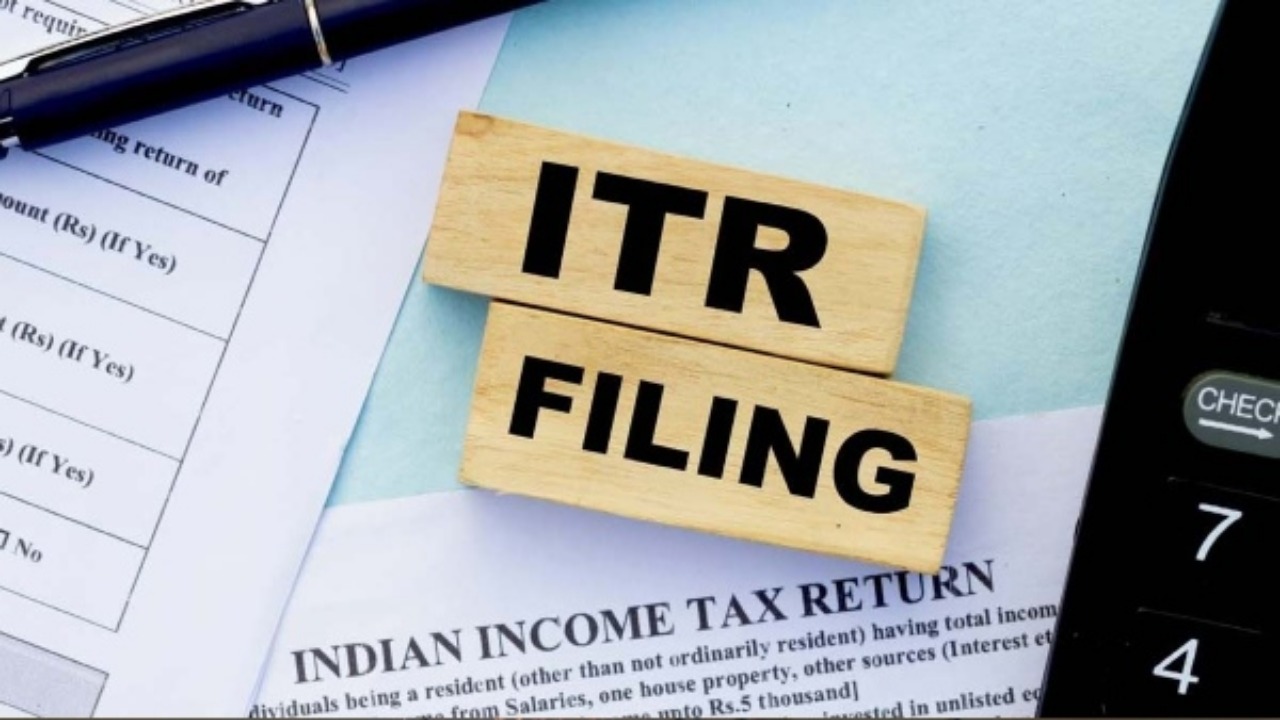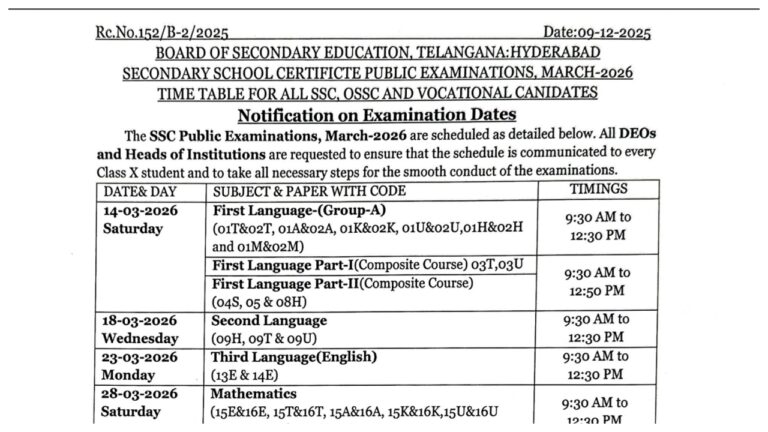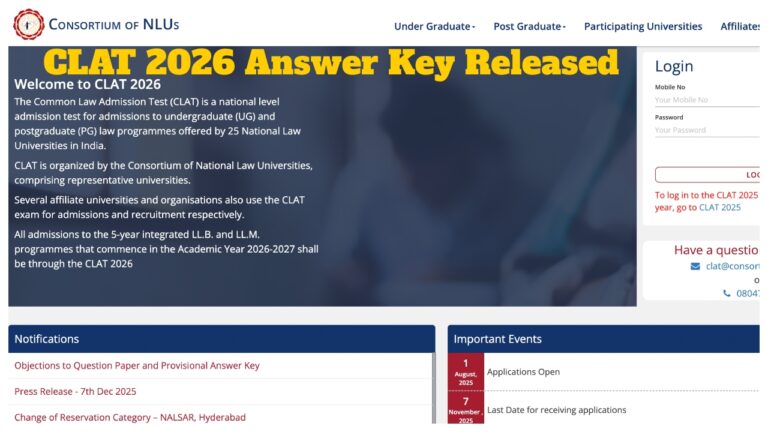ITR Filling: The new financial year has started from 1 April. Along with this, the changes made in the new income tax regime have come into effect. That is, now no tax will have to be paid on annual income up to Rs 12 lakh. At the same time, the salaried class will get the extra benefit of standard deduction of Rs 75 thousand. That is, salaried people will not have to pay income tax on annual income up to Rs 12.75 lakh. However, this exemption will be available only in the new tax regime. If you choose the old tax regime, then the old system will remain applicable. Now the question arises that how many times can an individual taxpayer choose the new tax regime from the old one. Let us know what the Income Tax rules say?
Option to choose old or new every year
Indian taxpayers have the option to switch between the new and old income tax regimes. The new tax regime is now the default option. That is, you will get this option only if you want to choose the old tax regime. The new tax system will be available by default. Now the question arises that how many times an individual taxpayer can choose the tax system from old to new or from new to old. Let us inform you that every year an individual taxpayer can choose any of the two income tax options, provided the option is exercised before the due date of filing of tax return mentioned under section 139(1) of the Income Tax Act.
Businessmen will get only one chance
For those whose income is from business or professional sources, the rules are more stringent. Once they exit the new tax system, So, they will have only one chance to revert to the old regime and this option too should be exercised before the time limit for filing under Section 139(1). According to the Income Tax Department, a person with non-business income can switch between the new and old tax regimes annually. The move to make the new tax regime the default is a significant change in India’s tax policy, aimed at simplifying the tax system.
The new regime offers lower tax rates but eliminates most deductions and exemptions, unlike the old regime which allowed various deductions under sections such as 80C and 80D, covering investments and insurance premiums, respectively. These changes are part of broader efforts to streamline tax compliance and reduce the administrative burden for taxpayers.
ITR Filing 2025
The last date for filing ITR for FY 2024-25 (AY 2025-26) is July 31, 2025. However, if you miss filing within the due date, you can still file a belated return before December 31, 2025. When filing your 2025 income tax return (ITR), an important decision to make is whether to opt for the old or new tax regime. This choice will have a significant impact on your tax liability, making it imperative to fully understand the differences.










